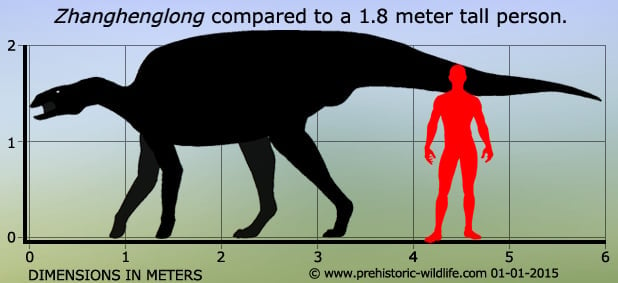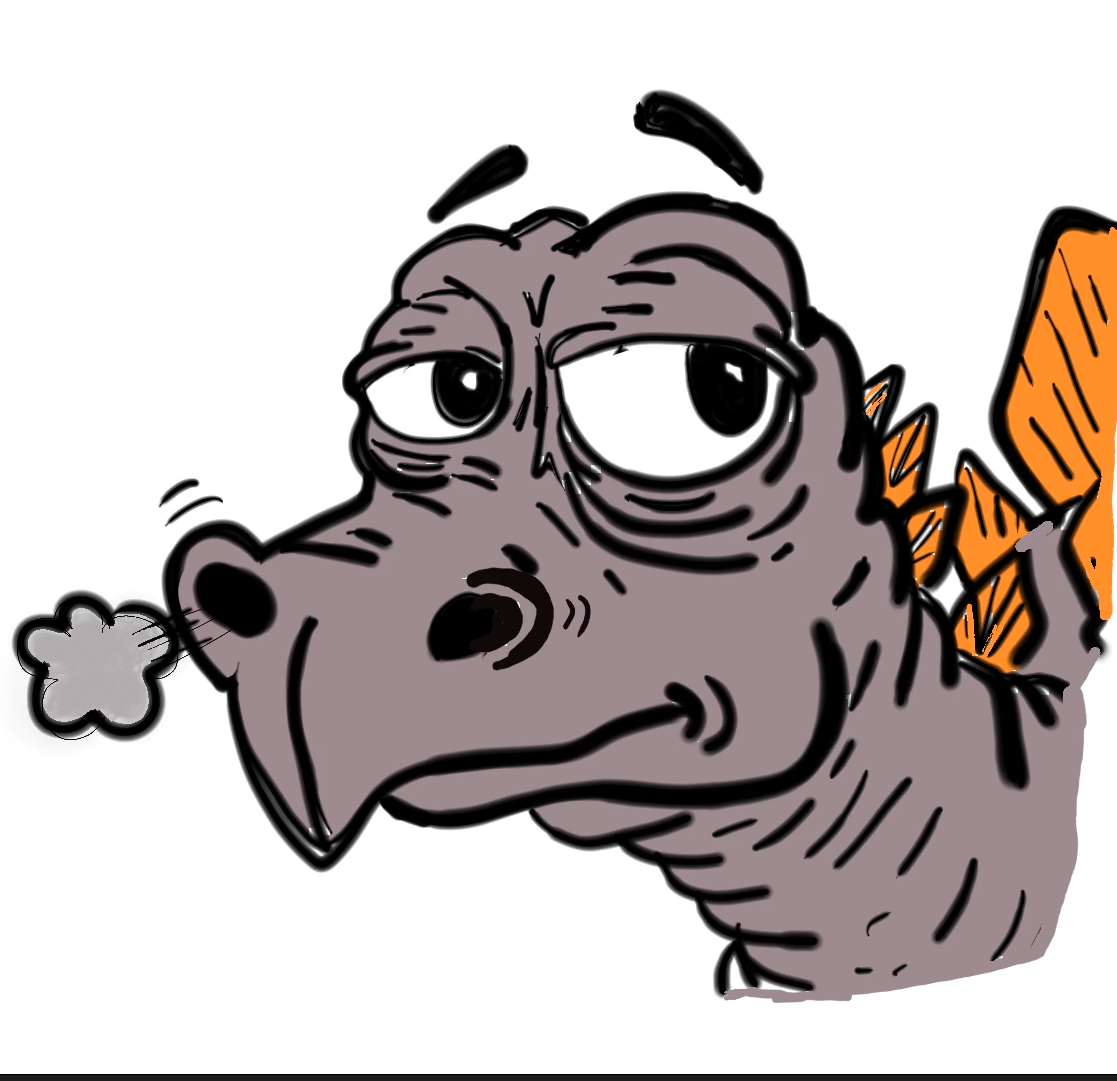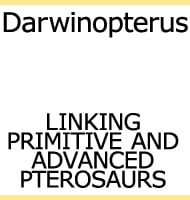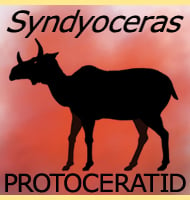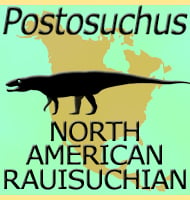In Depth
Zhanghenglong was described at the time of its description as a non-hadrosaurid hadrosauroid, which translated into simpler terms is a primitive hadrosaur. Hadrosauroids like Zhanghenglong were descended from the older iguanodont ornithopods that rose to prominence during late Jurassic and early Cretaceous. By the earlier stages of the late cretaceous that had evolved into the hadrosauroids like Zhanghenglong, which by the later stages of the Late Cretaceous would develop into hadrosaurids. Though not much is known, the fossils of Zhanghenglong show that as a genus Zhanghenglong would have still been transitional in form between hadrosauroids and hadrosaurids, with a couple of known hadrosaurid features, though still not enough to see it classified as a hadrosaurid.
Zhanghenglong was named after the Chinese scientist Zhang Heng who lived in China during the first century. The ‘long’ part of the name is the Mandarin word for ‘dragon’. Other dinosaurs that Zhanghenglong may have encountered include the troodontid Xixiasaurus and the alvarezsaur Xixianykus.
Further Reading
- A New Basal Hadrosauroid Dinosaur (Dinosauria: Ornithopoda) with Transitional Features from the Late Cretaceous of Henan Province, China. - PLoS ONE 9 (6): e98821 - Xing Hai, Wang Deyou, Han Fenglu, Corwin Sullivan, Ma Qingyu, He Yiming, David Hone, Yan Ronghao, Du Fuming & Xu Xing - 2014.
